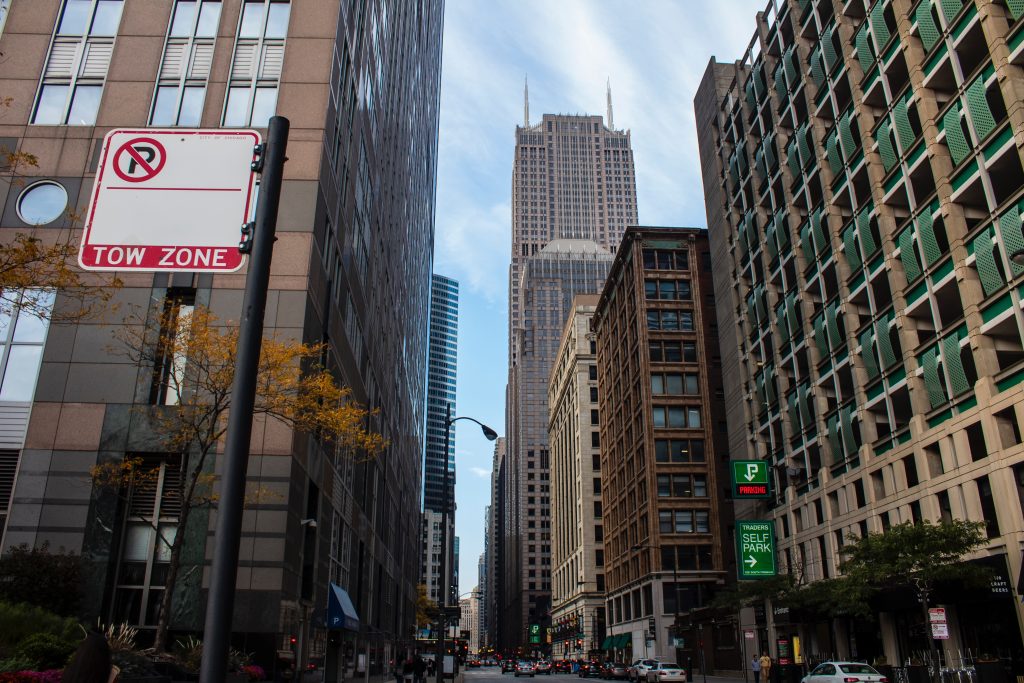
When starting a business, many things need to be brainstormed, like your finances or if you plan to hire employees. But one that often gets overlooked is its location.
Location is a key aspect of a successful business. But finding the right area can be tricky, especially if your options are limited. Here are a handful of things to consider so you find the perfect spot.
Nearby Competition
If you place your business in an area where there’s heavy competition, you’ll likely find it much harder to get customers and make a steady profit.
To ensure that you’re not adding to the sea of certain competitors, carefully research the area you’d like to operate in. Check how far away they are, their services or products, and their reviews. Then, making a detailed report about them can help you see whether it would be beneficial to open a business there.
Keep in mind that just because there are one or two competitors nearby doesn’t mean you can’t be situated near them. You just need to make sure that you have a plan that shows customers why they should use your service or product over theirs.
Your Base
If you’re selling products designed to cater to a certain audience, you want to confirm that your location is near them. For instance, if you’re a fitness company, you’ll likely want to find a location that has a high young adult demographic as records show they tend to use gym memberships more often than others.
To understand the local area, get out and observe the types of shops and residents around the location. This will give you a better idea of what might be popular there. You can also refer to census records, county patterns, and population surveys for further insight.
Safety
To keep your customers and employees safe, ensure the location is in a decent area. If customers feel unsafe, they might be reluctant to stop by. Because of this, consider conducting a security audit which will give you a general risk assessment.
Also, make sure the building is in good condition and that there are plenty of ways to exit it should there be a fire.
If you want to be extra cautious, insure your business. This can protect you from serious financial issues should there be theft, natural damage, or injuries. Commercial property insurance cost is shockingly low given all its benefits. If you’re not sure whether it’s right for you, consider getting a quote. You could also chat with an agent about your concerns, and they can direct you to the perfect options for your needs.
Zoning and Tax Rates
Both of these aspects are crucial to contemplate, but they vary depending on the state, county, and city you work in.
Some areas might have strict zoning regulations prohibiting certain businesses from operating there. For instance, specific sections might only be slotted for large businesses or structures of a certain height. But, again, the best place to check these rules is through the local government, which will have records clearly indicating what is allowed or not.
Regarding tax rates, check that your interested location fits your needs and that there’s a low tax rate if you’re on a strict budget. Also, consider the net of tax rate, which highlights your profits after taxes are taken out of them. You might find that the taxes are too high to run a profitable company in a certain place.
If you’re not sure where to look or have more questions, contact the local county government, which can answer your concerns and guide you toward helpful resources. You might also hire a real estate lawyer who can further direct you to critical information.
Parking Space
If customers are unable to find adequate parking space they might be tempted to go elsewhere.
Your location must have parking, especially if you think your business will attract a lot of customers. If your location doesn’t have a parking space, see if there’s any nearby or if you can get permission to create one.
Having parking space alone, though, isn’t always enough. You’ll want to contemplate its size, visibility, and navigability. Make sure it’s also in somewhat good condition and not filled with potholes that could damage cars.
Overall, try your best to ensure the parking space is of the highest quality as it can have a surprising impact on customers.
Accessibility
You’ll also want to verify that your company is easily accessible to customers. While some might be willing to travel long distances or take back roads to visit you, not everyone will.
Besides this, confirm that your location has easy access for people in wheelchairs who cannot walk long distances. This way, you can be sure that you’re catering to everyone’s needs.
Figuring out the best business location can be overwhelming. Hopefully, with these tips, you can determine the best spot for your company.












